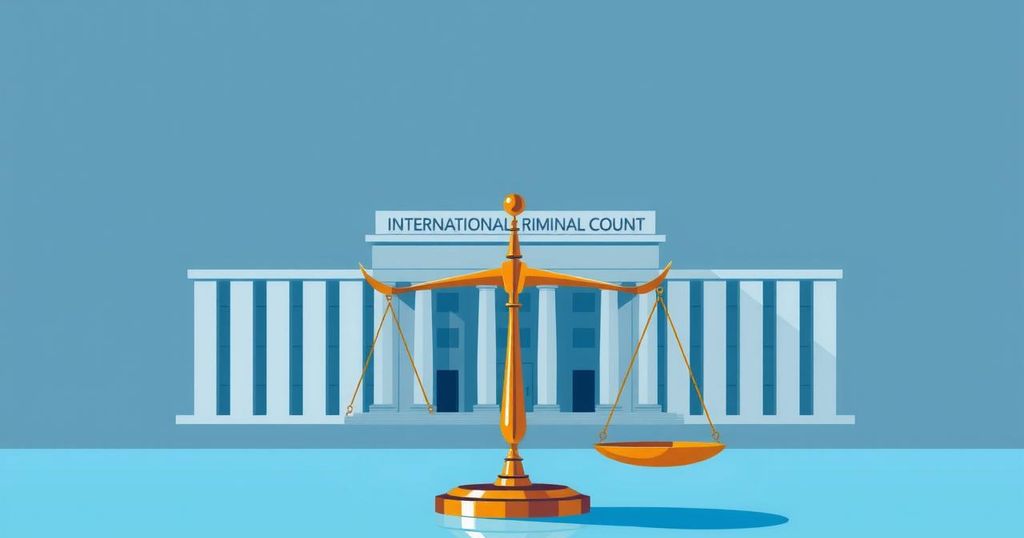The Jurisdictional Challenges Surrounding Duterte’s Arrest by the I.C.C.

Rodrigo Duterte was arrested in the Philippines under an I.C.C. warrant for crimes against humanity. Questions of jurisdiction arise due to the Philippines’ withdrawal from the Rome Statute. The I.C.C. maintains that jurisdiction is valid as the alleged crimes occurred while the Philippines was a signatory to the treaty. This case will be a crucial test of the I.C.C.’s authority.
Rodrigo Duterte, the former president of the Philippines, has been arrested following an arrest warrant issued by the International Criminal Court (I.C.C.) accusing him of crimes against humanity. This arrest marks a significant juncture, as it will test the breadth of the I.C.C.’s jurisdiction amid ongoing uncertainties regarding its legal authority.
The warrant was issued after the I.C.C. announced in 2018 that it would open an investigation into Mr. Duterte’s actions during his controversial anti-drug campaign. Reports from rights groups indicate that approximately 30,000 individuals, many innocents and some minors, were killed during this crackdown, predominantly by police and vigilantes, raising serious ethical and legal concerns.
The I.C.C.’s jurisdiction is rooted in the Rome Statute, a treaty currently subscribed to by 125 nations. Mr. Duterte had announced the Philippines’ withdrawal from this treaty, formalized in March 2019, leading his legal counsel to declare the arrest as illegal. However, I.C.C. judges clarified that jurisdiction remained due to the timing of the allegations, which occurred while the Philippines was still a treaty signatory.
The recent arrest of Rodrigo Duterte by Filipino authorities on behalf of the I.C.C. underscores the complex legal issues surrounding international jurisdiction. Despite the Philippines’ withdrawal from the Rome Statute, the court asserts its authority based on the timing of the alleged crimes. This situation will likely continue to unfold as it tests the legal framework of the I.C.C. and its ability to hold states accountable for human rights violations.
Original Source: www.nytimes.com







